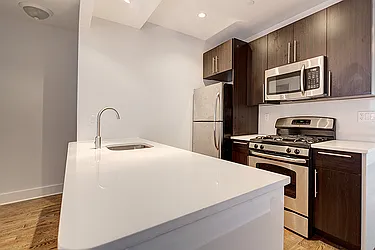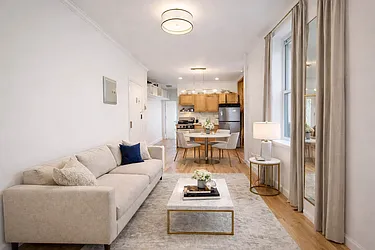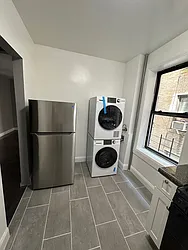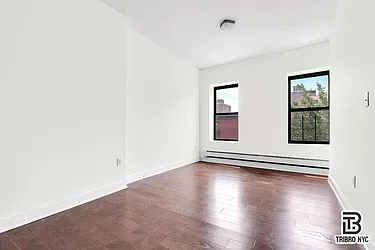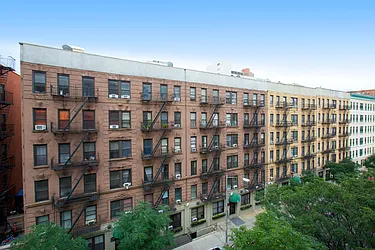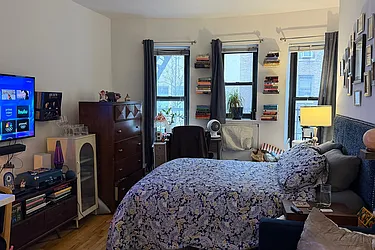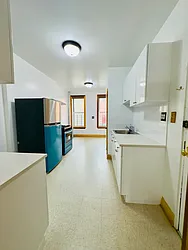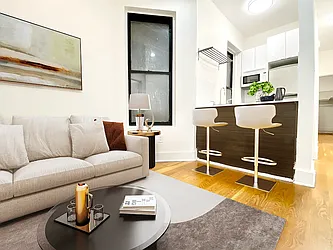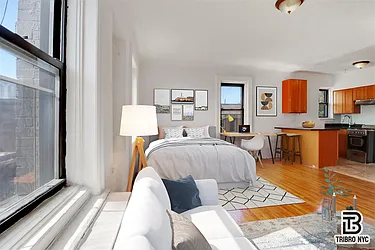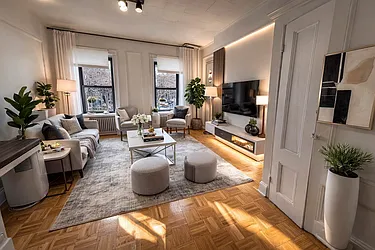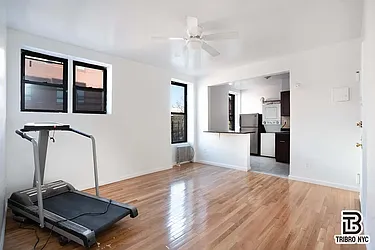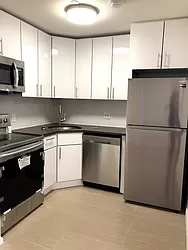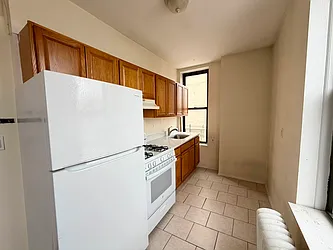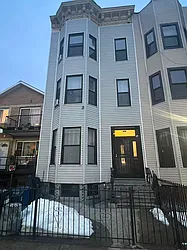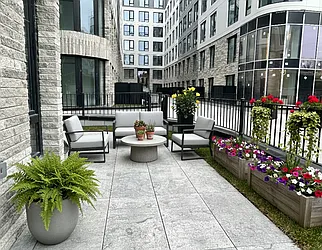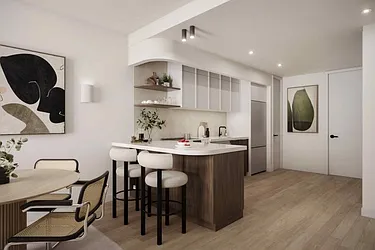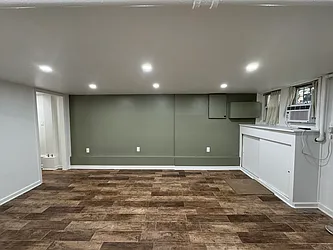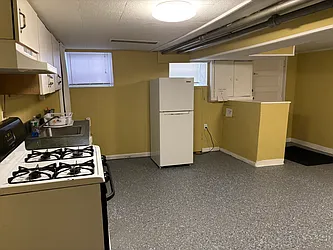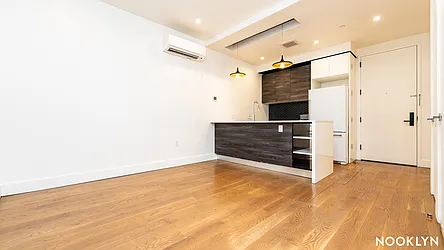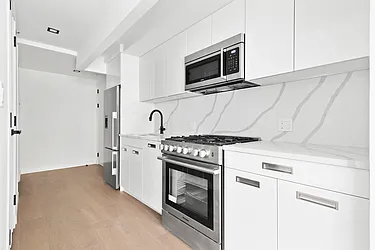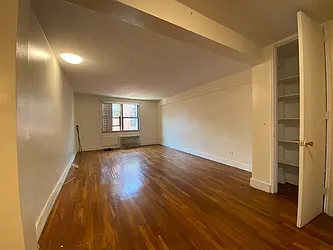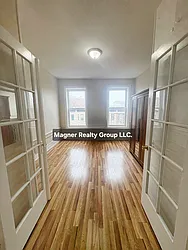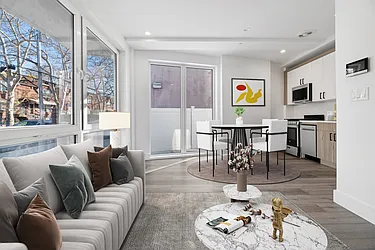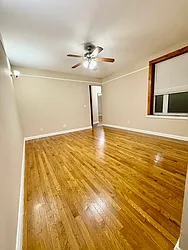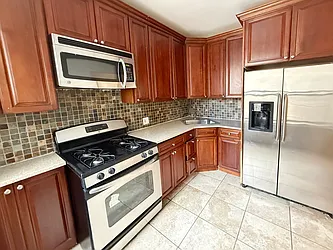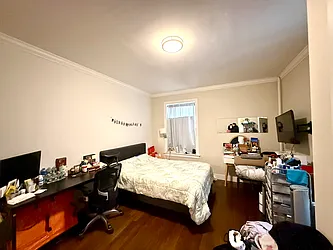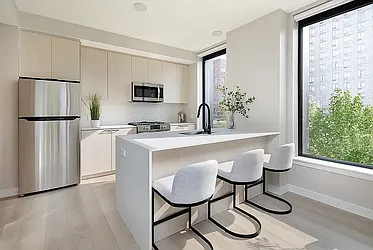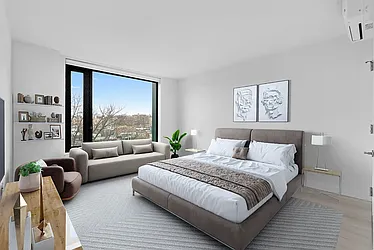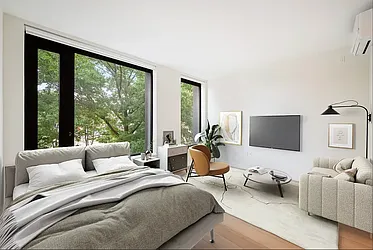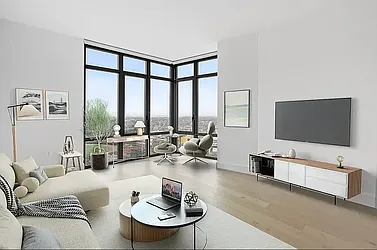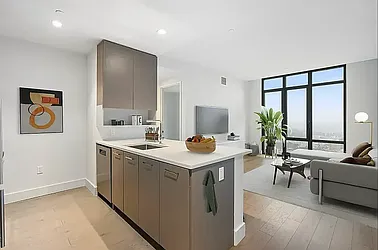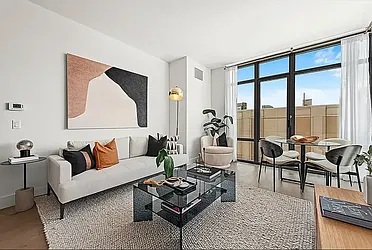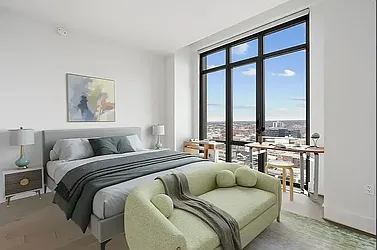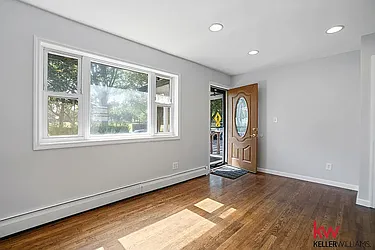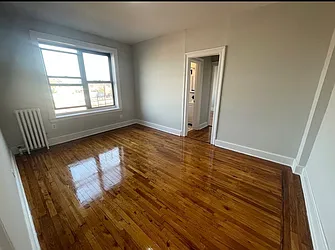If you thought that open houses were strictly for potential home buyers, think again. Open houses can be a great opportunity for New York City renters to scope out a unit ahead of time and interact with an apartment in a deeper way than via an online listing. But is attendee etiquette different at a renter’s open house versus a buyer’s open house? And are there specific things that you should bring to an open house at a rental unit? If you find yourself asking these types of questions, you’ve come to the right place. StreetEasy® has the answers you need and more! Keep reading for our top 10 open house tips for renters in NYC.
10 Open House Tips for Renters in NYC
1. First thing’s first: know what to expect
To help us wrap our heads around the open house experience from a renter’s perspective, we spoke to Joshua Rodriguez, a StreetEasy Expert and licensed real estate agent. According to Rodriguez, the number one difference between a rental open house and an open house for a home for sale is inventory turnover.
He explains, “rental apartments can be rented in as quick as 24-48 hours, so any apartment you saw at an open house on a Saturday or Sunday can be rented by Monday morning.” He continues, “renters tend to move faster than buyers since renters look at the space they’re renting in lease terms.” This is different from buyers who tend to take their time making a decision, knowing that they could potentially be purchasing their forever home. Knowing this, Rodriguez recommends going into a rental open house with a quick and open mind, as you might need to act fast to nab a spot you love.
Manhattan Rentals Under $3,000 on StreetEasy Article continues below
2. Scope out the listing online
Now that you know what you’re in for, the fun can begin! Namely, picking out the open house(s) you want to attend. StreetEasy has numerous rental listings with upcoming open houses available to browse, and you can always search for the latest open houses by clicking the “More” box at the top of the search page. The open house information will be listed on the right hand side of the listing description, just above the “Save” button.
3. Read listings closely!
We recommend double checking the open house details before attending one. This means confirming the home’s address, the hours, and the appointment scheduling details, if applicable. While it may seem like a small thing, confirming the listing details can potentially save you from future frustrations. As Rodriguez mentions, “The biggest mistake I have noticed when it pertains to attending an open house is customers looking online and not confirming the open house is actually happening and open to the public. Some open houses are scheduled online by ‘Appointment Only’ and if you just show up to an address you could find yourself wasting valuable time.”
4. Prepare questions
Taking the time to come up with a list of questions before heading to a rental open house can help you stay focused during your tour. Often during an open house, you’ll be speaking to the landlord, their agent, or a representative from the building management company. This is a great opportunity to ask any questions you might have about the available unit, the amenities included in the home and building, any applicable renter fees, and the surrounding neighborhood. Preparing questions ahead of time also demonstrates that you’re a responsible and thoughtful tenant, which could potentially go a long way to making a good impression.
Brooklyn Rentals Under $3,000 On StreetEasy Article continues below
5. Know your priorities
Related to preparing questions ahead of time, we also recommend taking the time to really think about what it is you’re looking for in a rental unit. This can help streamline the actual process of walking through the unit during the open house. For example, if you know that you must have a dedicated parking space or have a strong preference for a pet-friendly apartment, you’ll be able to scope out the home quicker and make sure you ask about your specific needs at the beginning of the open house. Knowing your priorities ahead of time will save all invested parties a lot of time in the long run: If a rental unit doesn’t check off your crucial boxes, it’s an easy “no” and onto the next one!
6. Pack your bag
It’s always recommended to bring your phone to an open house so that you can take notes, photos, and videos to review later when making a decision about whether or not to apply for the unit.
Rodriguez also suggests, “Things like a tape measure [can help] to see room sizes, especially if you have large furniture.” Another pro tip is to “bring your cellphone charger to ensure the outlets work in the unit.” If the outlets don’t work, you can advise the landlord or agent about the malfunction so that they can have it fixed for future tenants. (And even if that tenant doesn’t end up being you, it never hurts to build up a little real estate karma!)

7. Don’t forget about amenities
While it’s important to consider the more obvious things about an apartment — such as its aesthetic, size, and bedroom count — special perks such as in-unit laundry, central air, smart technology, and updated appliances can add convenience to your everyday life. What’s more, some buildings offer covetable services, too, such as a doorman, gym, storage space, and common areas like lounges or rooftops. Asking about these amenities and even interacting with them if you’re able to is a great practice during a rental open house.
8. Take a stroll around the neighborhood
When renting an apartment in New York City, you’re not just paying for the four walls around you — your monthly rent checks also grant you access to your wider community. Taking a walk around the neighborhood either before or after an open house can help you assess potential noise levels, interesting businesses and restaurants in the area, and your various public transportation options should you secure the rental you’re considering.
Queens Rentals Under $3,000 On StreetEasy Article continues below
9. Prepare your paperwork
So you fell in love with a home during a rental open house — woo-hoo! What now? Rodriguez’s guidance is simple: “I always advise renters…to have all the standard paperwork ready so they can move quickly should they like to move forward with an application.”
Typical paperwork required to rent an apartment in New York City includes employment verification and paystubs, plus a filled out application form and application fee. But different buildings or landlords will sometimes require additional documents. Check out this article for a more extensive overview of the types of paperwork and fees you can expect to submit during your rental application process.
Rodriguez also points out the importance of being thorough when filling out your paperwork: “You can lose out on a great apartment if it takes you longer going back and forth on an incomplete application.” So take care to verify that you’ve filled out all the necessary application elements before you hit “send” on that email.
10. Act fast
As we mentioned at the beginning of the article, rental homes tend to turn over fairly quickly. Rodriguez shares an anecdote that demonstrates the sheer speed at which rental properties can gain traction in New York City: “I got so much interest in a rental unit I listed, I had 240 inquiries in less than 3 days.”
Thus, as much as possible, try to be first to schedule an appointment to view the apartment and — if interested in the rental — first to submit an application so you don’t lose the unit to other interested parties.
One last tip? Be flexible about your move in date if you can. As Rodriguez says, “Immediate move-ins are major green flags for landlords.”
Browse Rentals with Upcoming Open Houses on StreetEasyStreetEasy is an assumed name of Zillow, Inc. which has a real estate brokerage license in all 50 states and D.C. See real estate licenses. StreetEasy does not intend to interfere with any agency agreement you may have with a real estate professional or solicit your business if you are already under contract to purchase or sell property. StreetEasy Experts are third-party real estate agents (licensees/professionals, etc.) who are not licensed with Zillow, Inc.


